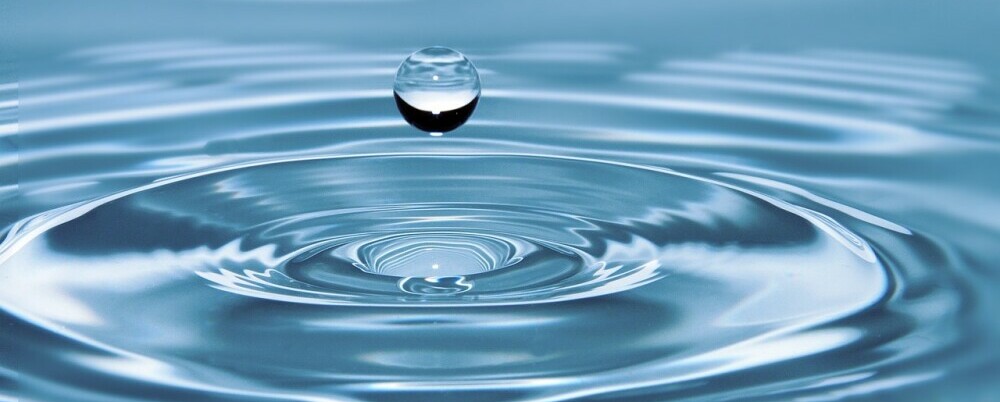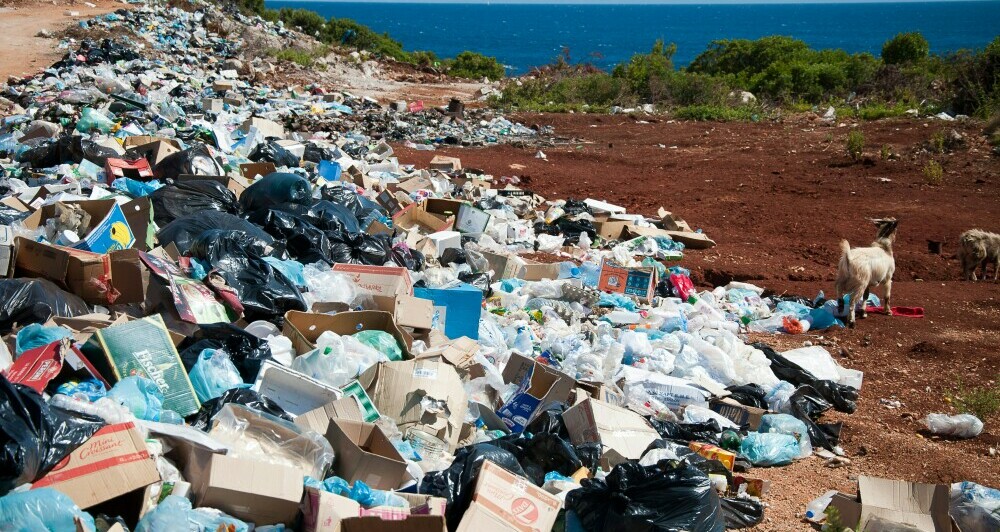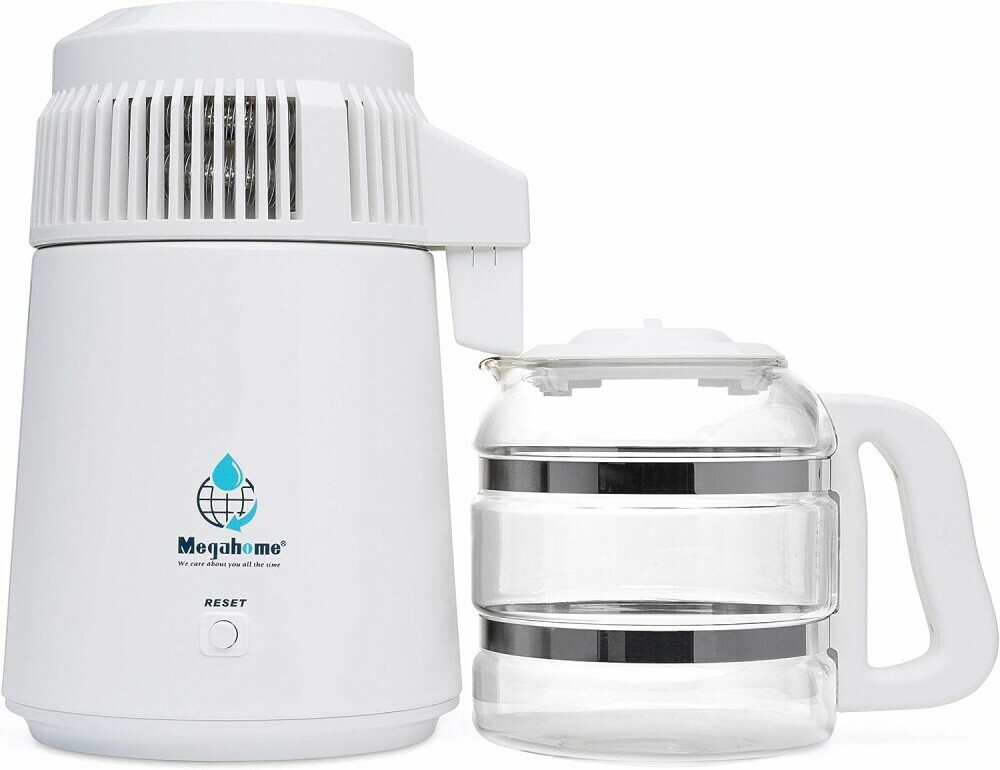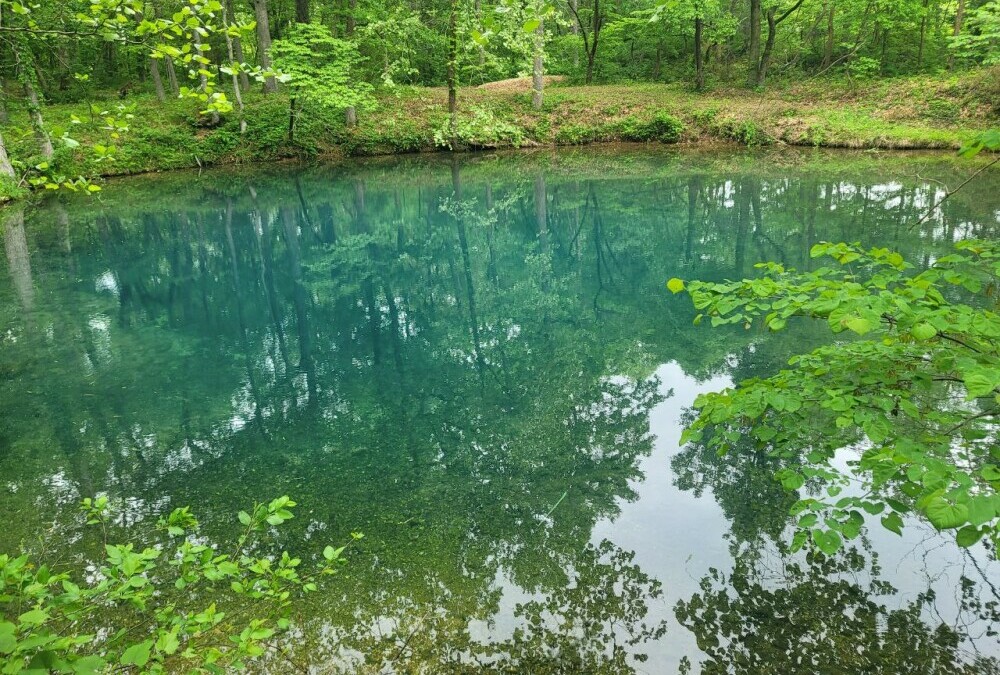
Water is life—a simple yet profound truth. I felt early on in my quest for health that water purity would play an important role in my healing from depression, anxiety, sleep apnea, and other chronic issues. Next to breathing, water is the most vital molecule our bodies need to survive.
The search for clean water led me to the process of distillation, an age-old method of purification that involves boiling water to produce vapor, and then cooling that vapor back into a liquid, leaving most contaminants behind. Distilled water is known for its remarkable purity, raising it above its counterparts, tap, and bottled water, in this specific regard.
Unlike tap water, which may contain dissolved substances from pipes and community water systems, and bottled water, which can include minerals for taste, distilled water lacks impurities. This makes distilled water great for drinking and cooking.
However, distilled water does not contain essential minerals found naturally in water, such as potassium and magnesium, which are beneficial to health. You can either add these minerals to your water or make sure you get these minerals from the food you are eating. Another potential drawback is the production process. It takes significant energy to convert liquid to vapor and back again. This may pose sustainability questions but ensures the removal of unwanted chemicals and inorganic minerals.
I switched to distilled in 2012 and it’s been one of the best decisions I’ve made. You may be questioning whether or not distilled water is good for you and I intend to answer that In this post. Let’s first look at purity and how distilled compares to tap, bottled, and filtered water.
Purity Matters: The Absence of Toxic Elements in Distilled Water
Fluoride, commonly added to tap water, has raised health concerns for some individuals and groups. This is most notable among the spiritual community where it is believed that fluoride causes the pineal gland to calcify. The pineal gland is associated with the third eye chakra and spiritual vision. Chlorine is another element often added to water and can be difficult to drink because of its strong odor.

Well water also has minerals and potentially toxic elements in it. Septic systems usually accompany wells and the leach fields reintroduce waste chemicals into the water your well draws from. Most notably this includes pharmaceuticals that passed through your neighbors. Gross, I know, but why do you think I distill my water?
Distilled water sidesteps this debate by removing fluoride and other potentially harmful toxic elements frequently present in unfiltered water sources, including lead, chlorine, and pesticides. Filtration systems are also effective at removing unwanted chemicals.
The purity of distilled water can be particularly beneficial for those with specific health concerns or a compromised immune system, leading to its role as a preferred option for medical uses as well as in wellness communities focused on reducing the intake of potential toxins.
The Water Showdown
The distinctions between distilled, tap, filtered, and bottled water are not exclusively a matter of purity. The taste, often a significant factor for many, differs markedly: distilled and filtered water has a flat taste due to the absence of minerals, while tap water’s flavor can vary based on local treatment processes and the presence of minerals. Bottled water, often enhanced for taste, can seem more appealing but comes with a heavy environmental toll owing to its production and plastic waste.
Bottled water also generally demands a higher price point and, considering the environmental footprint of production and recycling challenges, poses more of a concern for ecologically conscious consumers. However, tap water accessibility surpasses that of distilled water, which typically must be purchased or made using special equipment at home, presenting a barrier for some. Filtered water can also be expensive as some whole-home systems may cost thousands of dollars.

Free isn’t always as it seems, however. The health complications that come with the toxins found in tap water can bring medical bills down the road that surpass the amount you would spend in a lifetime on distilled water. I am certain that my shift to distilled instead of tap has tremendously impacted my overall health. I haven’t had a cold since 2015 and am enjoying the best shape of my life.
Sourcing Distilled Water: Store-Bought or Homemade?
Navigating the decision between store-bought distilled water and creating your supply at home can be complex. Purchasing distilled water ensures convenience but can be more costly and less environmentally sustainable over time. Conversely, home distillation allows for control over the production process and can be more economical, but it requires an initial investment in distillation apparatus and a commitment to the process.
Essential considerations also extend to the safety and storage of distilled water. Storing it in the wrong type of container, for instance, can lead to leaching of plastic into the water, which underscores the importance of using proper storage materials to maintain purity.
My 12-Year Journey With Home Distillation
I chose to go the route of home distillation. After thorough research, I went with the Megahome Countertop Water Distiller, White, Glass Collection. I have purchased 2 so far, as I gifted the first one to a mechanic when the fuse went out. It was $199 in 2012, $229 in 2020, and at the moment of writing this the current price is $259.
 Does it pay for itself? Let’s look at the numbers. This unit uses 580 watts of electricity and takes 5.5 hours to produce a gallon of water. The average cost of electricity in the US for March of 2024 is listed as 17.4 cents according to the U.S. BUREAU OF LABOR STATISTICS. This makes one gallon of distilled water produced by this unit at home to be 55.5 cents. Compared to the price of a gallon of distilled water sold at Walmart today of $1.42 that’s a savings of roughly 86 cents. The break-even point is 302 gallons of water and I usually make 2 gallons a day.
Does it pay for itself? Let’s look at the numbers. This unit uses 580 watts of electricity and takes 5.5 hours to produce a gallon of water. The average cost of electricity in the US for March of 2024 is listed as 17.4 cents according to the U.S. BUREAU OF LABOR STATISTICS. This makes one gallon of distilled water produced by this unit at home to be 55.5 cents. Compared to the price of a gallon of distilled water sold at Walmart today of $1.42 that’s a savings of roughly 86 cents. The break-even point is 302 gallons of water and I usually make 2 gallons a day.
This unit has definitely paid for itself in the 4 years I’ve had the current model. There is routine maintenance involved as it has a carbon filter. It is recommended to change these each month and costs a little over a dollar each. You are also going to need a cleaner and descaler because the minerals do stick to the bottom and sides of the unit. I have used KleenWise for this and it works great and have only had to buy one the entire time I’ve had my distillers.
I have lived in 5 different places since I started distilling water at home. The unit is compact so it moves easily and doesn’t take up an enormous amount of space on the countertop. It has a fan so it does make noise. I only notice it when my attention is drawn to it like right now or when I forget it’s while recording a video and shows up as background noise.
Is it the only water I drink? No, I also get water from a pristine spring nearby as a great source of minerals, but it was my only water for 8 years and that is when I watched my health go from overweight and constantly tired to energized and slim.

Is distilled water the answer to all of your problems? Again, no. Changing the water I consumed was the first step I made towards a healthy life, but it wasn’t the only step. It has taken consistent effort to remove the toxic elements in my life and replace it with beneficial ones. I don’t feel I would have been as successful with any of the other changes without this one.
Is distilled water good for? That’s for you to find out. I know the benefits and health it has brought me and continues to bring. This is a habit I intend to keep as my health is priority #1.
Cheers to your best health!
Arcturus


2 Responses
The article thoroughly investigates the benefits and drawbacks of drinking distilled water, comparing it to other forms of water and debunking prevalent myths about its health effects.
One outstanding feature of the essay is its description of how distilled water might alter the body’s mineral balance. It also underlines the significance of being hydrated and taking into account individual health needs when choosing a type of water to drink.
A question to further the debate could be: What measures can individuals employ to ensure they maintain a balanced mineral intake while drinking distilled water, and are there any specific health issues that may benefit or harm from its consumption?
Thank you for reading, kiersti. Yes, minerals are important to make sure you are getting the variety and amounts necessary for your body’s optimal health. One way is to drink spring water from a local spring in addition to any distilled water you may consume. We mainly use the distilled for cooking and making smoothies, teas, or cacao drinks. If you do not have a spring nearby, you can supplement electrolytes into your water. I have found this can change the taste of the water drastically.
Cheers to healthy water!
Arcturus